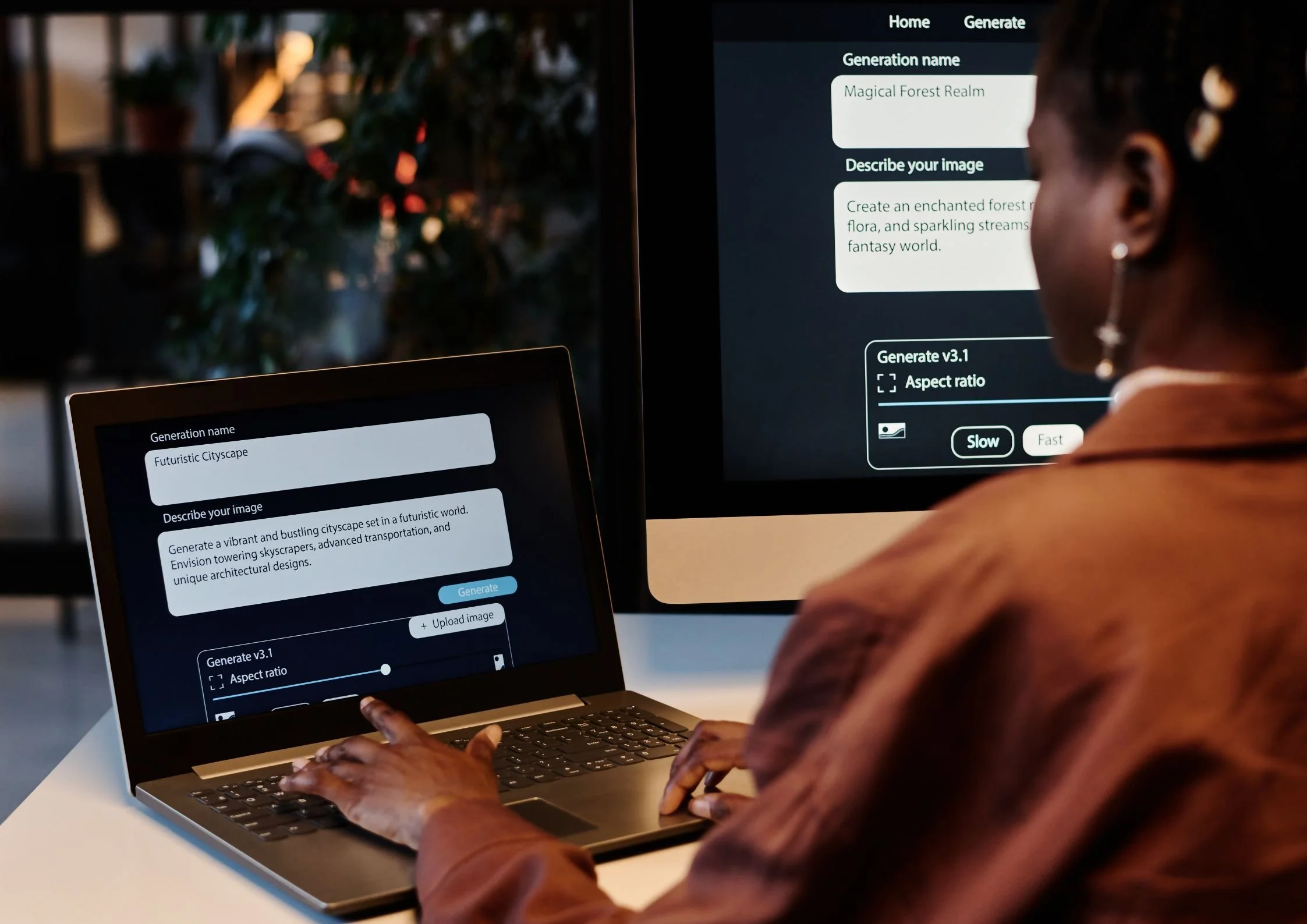New research from Learnosity reveals teachers under pressure as grading workloads mount
Over half of UK teachers and a third of US teachers have considered leaving the profession due to marking pressure.
New research from edtech firm Learnosity shows that grading and marking workloads are contributing significantly to teacher dissatisfaction in both the UK and United States, with many educators open to adopting AI-powered tools to ease the burden.
In the UK, 52% of teachers said they have considered leaving the profession due to the pressure of marking student work. In the US, 32% of teachers reported the same. Teachers in both countries cited exhaustion, poor work-life balance, and lack of time for other professional responsibilities as direct consequences of high grading demands.
Grading workloads continue to grow
UK teachers reported spending an average of 8.2 hours per week on marking, with 87% saying they routinely bring work home. In the US, the average time spent grading is higher at 9.9 hours per week, and 95% of respondents said the work often extends beyond school hours.
More than three-quarters of UK teachers identified marking as one of the most difficult parts of their job. In the US, 62% of teachers said grading was one of the worst aspects of the role. A third of UK teachers reported losing sleep due to marking responsibilities, while a similar number of US teachers described the workload as exhausting or overwhelming.
Majority would adopt AI if it reduced workload by half
Across both markets, educators expressed willingness to try AI tools if they could help reduce marking time. In the UK, 73% of teachers said they would adopt AI if it could cut their workload by 50%. In the US, the figure was slightly higher at 75%.
Gavin Cooney, founder and CEO of Learnosity, said:
“As a former lecturer, I know firsthand the immense pressure educators face and how grading can consume their time. The data is clear: teachers are reaching their limits, so we need to act now if we want to keep passionate teachers in the profession. AI-powered grading is part of the answer—and it’s no longer a futuristic idea, it’s a solved problem.
“But we shouldn't ask teachers to adopt new tools that create more administrative burden. Instead, we should be simplifying the experience by upgrading the platforms teachers already use. Every learning platform can integrate AI grading technology today—and educators should demand it.”
The survey data suggests that educators see AI not only as a way to save time, but also as a potential contributor to improved teaching conditions. In the UK, 52% of teachers said a reduced grading load would lower stress and burnout; in the US, the figure was 50%. Roughly 45% of UK teachers and 43% of US teachers said it would improve their work-life balance.
The studies surveyed 502 UK teachers and 258 US teachers online in January 2025 through Perspectus Global.
Skepticism on AI’s role in complex assessment
Despite strong interest in AI-driven tools, questions remain about practical implementation. These include how easily AI systems can be integrated into existing workflows, the level of training required for staff, and how well such tools can adapt to different teaching contexts.
There are also concerns about whether current AI technology is capable of supporting more complex marking tasks, such as extended writing or critical thinking assessments. Recent research by Carousel Learning found that while Open AI’s GPT-4 performed comparably to human teachers when marking short-answer tasks, its effectiveness on longer or more nuanced responses remains unproven.
Adam Boxer, Director of Education at Carousel, said:
“Everybody is building AI into their products at the moment (reflecting broader changes in the tech sector in general). I don't necessarily think jumping straight in is the right course. I think we need to think carefully about the contexts in which AI will actually be useful. What specific problem are we trying to solve? How well does AI solve it? Or are we just putting it in because it's cool and sexy and everybody's doing it?
“LLMs make mistakes - this is how they are designed. They almost have to make mistakes in order to be the way they are. We don't yet know if it's possible to get them to a point where they are working reliably enough to trust students' education with them.”





















